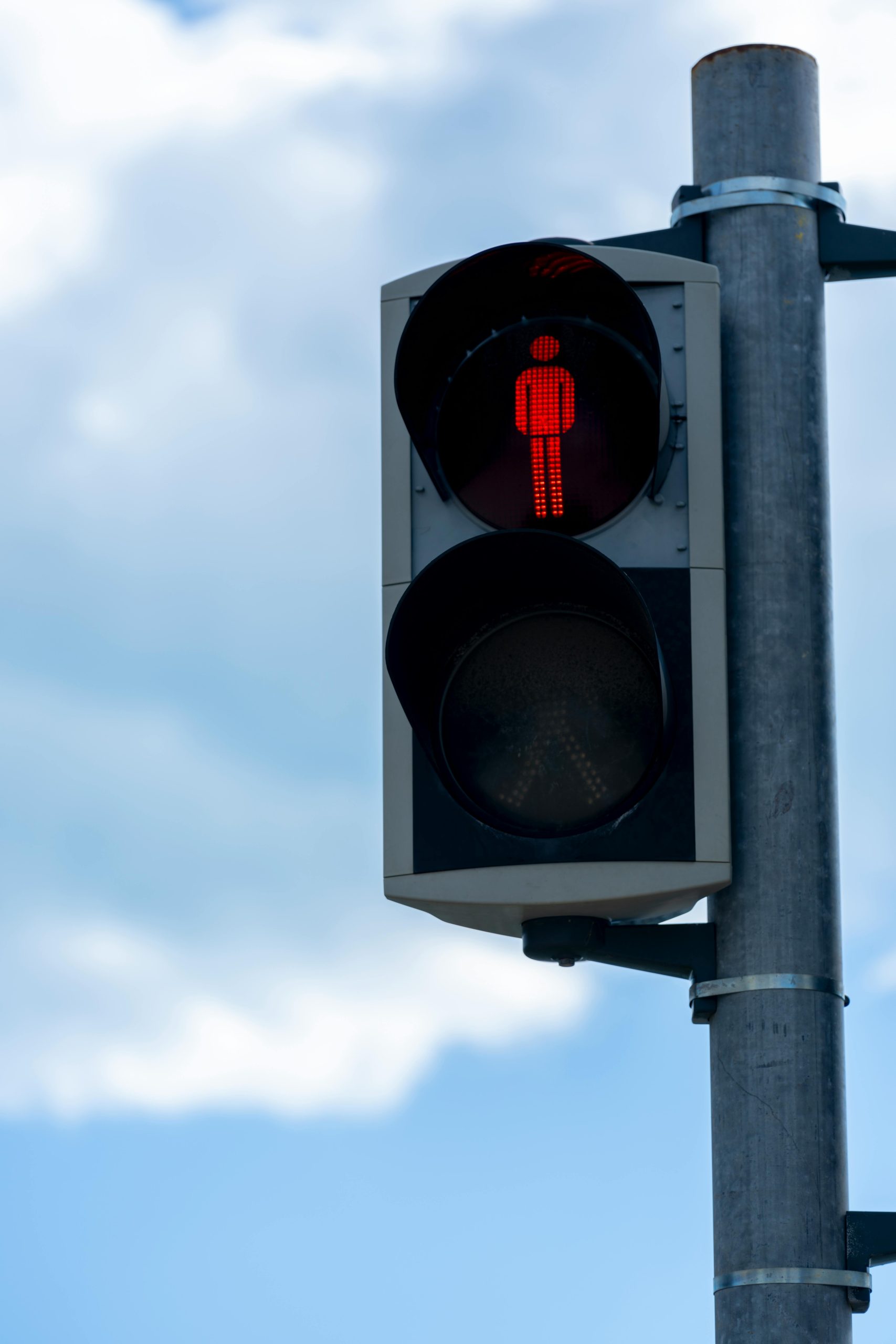Legal Concerns with Trucking Company’s Uninsured Status After Highway Accident
Understanding the Situation
Recently, my family experienced an incident on the highway involving a commercial trucking vehicle. The truck merged improperly across double solid lines, resulting in an estimated $11,000 in damages to our vehicle. Fortunately, the truck driver provided their insurance information and a photo was taken for documentation. However, subsequent investigations have revealed potential issues with the trucking company’s insurance coverage.
Insurance Discrepancies and Company Background
After reaching out to the insurance company, I discovered their policy had been terminated two months prior to the accident date. Contact attempts with the trucking company’s management—specifically the driver’s supervisor—have been met with unresponsiveness, as they have avoided returning calls.
Further research via the FMCSA’s DOT database indicates that the company’s only active insurance policy is through Geico Marine, which is typically associated with boat insurance rather than commercial trucking. This suggests the company might be employing an insurance strategy to meet minimum regulatory requirements by maintaining an insurance policy that doesn’t genuinely cover their trucking activities. Additionally, the company filed their MCS-150 registration update days after the incident, raising further concerns.
Legal and Insurance Implications
Given these circumstances, questions arise: Is the trucking company attempting to evade responsibility by delaying? Should immediate legal action be pursued, or would sending a certified letter demanding compensation be more appropriate? Alternatively, is it advisable to consult a lawyer to evaluate further steps?
Insurance considerations are also complex. The driver, who is my father-in-law, maintains full personal coverage but was driving for Uber at the time of the accident. He has not disclosed Uber driving to his insurer, and while Uber provides additional coverage, it’s unclear whether this applies in this scenario. There’s a concern that filing a claim could jeopardize his personal insurance if Uber’s coverage conflicts or is not recognized by his insurer.
Questions remain about the trucking company’s possible undisclosed coverage or other policies that might be in place. Should we persist in contacting the company directly, or is it more prudent to involve our insurance providers and legal counsel now?
Conclusion
This situation underscores the importance of verifying the legitimacy and status of commercial insurance coverage before assuming responsibility following an accident. If you find yourself in a similar position, consider consulting with legal professionals and your insurance company to determine the best course of action. Ensuring proper documentation and understanding your rights can help navigate complex scenarios involving potentially uninsured or underinsured trucking operators.
*Disclaimer: This



